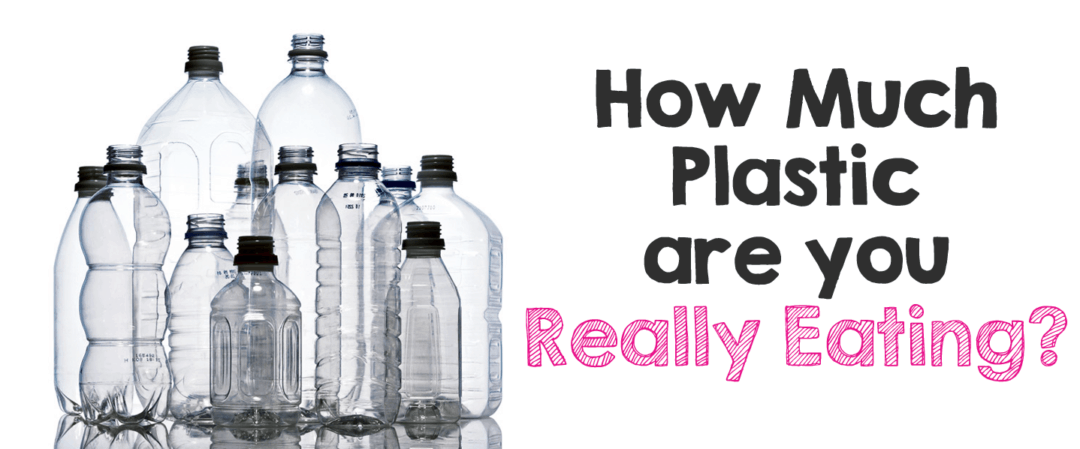What? You don’t eat plastic? Fat chance! Odds have it that you’re among the 93 percent of Americans with detectable levels of bisphenol A (BPA) in their bodies and also among the 75-plus percent of Americans with phthalates in their urine. Statistics seem to show us that we are not only what we eat but also what we touch and what touches what we eat.
Both BPA and phthalates are, synthetic chemicals that mimic estrogen in the body. In our upcoming book, The Micronutrient Miracle, we are teaching you how to oust the obesogens that can disrupt your endocrine system.
An obesogen, is a natural or man-made chemical that affects the regulatory system that controls your weight, increasing the fat cells you have, decreasing the calories you burn, and even altering the way your body manages hunger. Both BPA and phthalates fall under the obesogen category, and should be avoided. Here’s why…
BPA is a synthetic estrogen that has been used to package consumer goods since the 1950s. It can be found in reusable drink containers, DVDs, cell phones, eyeglass lenses, and automobile parts. In the grocery store, you are most likely to come in contact with it in polycarbonate plastics used for water bottles and in the lining of food cans. It is even in the thermal paper used for cash register receipts! Phthalates can be found in food packaging, plastic wraps, pesticides, many children’s toys, PVC pipes, air fresheners, laundry products, personal care products, and even in medical supplies.
This is concerning because BPA used in containers can seep into your food and beverages. BPA is especially good at leaching into canned foods that are acidic, salty, or fatty, such as coconut milk, tomatoes, canned fish, soup, and vegetables.
Each year about 6 billion pounds of BPA and 18 billion pounds of phthalate esters are created worldwide—that’s a lot of problematic pound-producing plastics!
Here are some quick tips to help you avoid both BPA and phthalates.
- Don’t microwave plastic food containers—ever!
- Look for the recycle codes on the bottom of plastic containers. Some, but not all, plastics that are marked with recycle codes 3 or 7 may be made with BPA.
- Reduce your use of canned foods. Look for products in glass jars or, when necessary, cans labeled as BPA-free.
- Opt for porcelain, glass, or stainless steel containers.
- Go old school and tell your butcher to wrap your meat in paper to leave the PVC plastic wrap that most supermarkets use out of your cart.
- Try to not touch cash register receipts unless absolutely necessary.
To learn more about obesogens, and how to avoid them, pick up a copy of our new book, The Micronutrient Miracle, today!
PS – Stick around to hear our big announcement about some really great bonuses that are coming with your book purchase!











